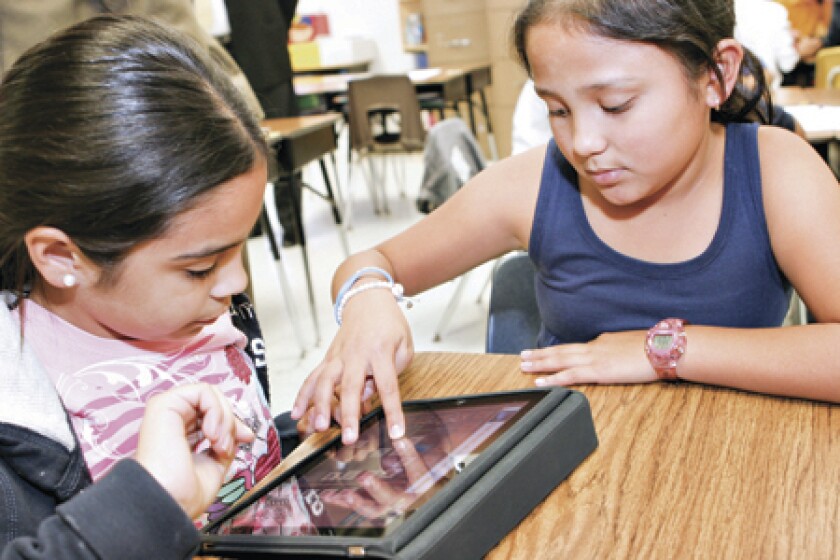
McAllen Independent School District
In the digital age, the answer seemed simple: hold online classes where both teacher and student could attend from the socially distanced safety of their own homes.
But in a place like the Rio Grande Valley, where more than a fifth of the population lives below the poverty line, that answer was far more complicated.
The digital divide here was more of a yawning chasm that threatened to keep thousands of children from accessing school for what was then an interminable amount of time.
Leaders in McAllen, however, saw the pandemic as a catalyst for making a pipe dream reality.
“Mayor (Jim) Darling has always wanted to do this, but the problem was that the technology wasn't there back then,” IT Director Robert Acosta recently said.
Acosta spoke of former McAllen Mayor Darling’s plans to make broadband more accessible to McAllen residents.
When the pandemic stopped the world in its tracks, McAllen was able to use some $3 million in COVID-19 relief funds via the CARES Act to connect some of the poorest neighborhoods in the city.
“It was like a fire was lit. It wasn't a question of, ‘Can we do it?’ or ‘Should we spend the money?’ It was, just, we know we need to do it. And that came from the commission, the mayor, the city manager,” Acosta said.
“Roy was very proactive in helping us get this approved and get it to the commission,” he added, referring to McAllen City Manager Roel “Roy” Rodriguez.
“We think that it was a huge win for the community that we were able to use those federal funds that we got from COVID,” Rodriguez said after a McAllen City Commission meeting last month.
The city, in collaboration with McAllen ISD, identified “hot spots” throughout town where families with lower incomes lived.
Once those areas were identified, the city got the go-ahead from local electricity providers to place the access points on their utility poles.
Within 90 days, Acosta's department had set up approximately 1,000 Wi-Fi “access points” on light poles across McAllen.
The access points allowed students to access the Internet from home, rather than having to search out places to find free Wi-Fi, such as city parks, where they would be at the mercy of the elements.
“I think we covered probably about 65-70 percent of the city, of coverage, in those areas,” Acosta said.
What began with federal funding of $3 million is now a financial commitment for the city.
It costs McAllen about $150,000 per year to maintain and operate the access points, including rental fees for the power poles they’re attached to.
“It’s very gratifying. Again, one of the highlights that COVID brought to our attention is that intense need. The magnitude of that need was so big and I’m just glad that we were able to do it,” Rodriguez said.
(c)2024 The Monitor (McAllen, Texas). Distributed by Tribune Content Agency LLC.







